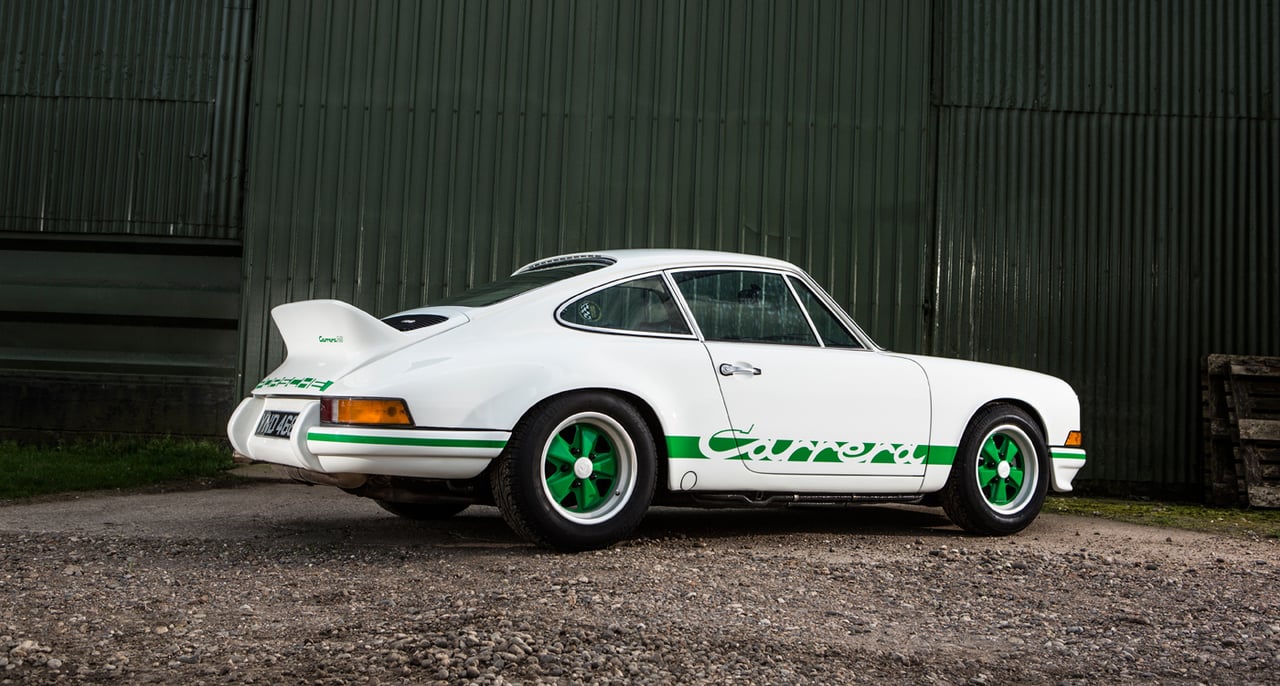An economic price bubble is a concept presenting a situation in which goods of certain type appreciate steadily until a spectacular sudden drop called a crash or a bubble bursts. Two examples of such a phenomenon occurred during our lives: a real estate bubble burst in 2008(great time for investment 1$=1.92PLN) and a dot-com bubble in 2000. In my opinion the latter one was much more interesting as it turned upside down the e-market by tearing up some of the biggest players on the market and formed the internet business as we know it today. It was inevitable and it’s probably good that it happened before we got into the business.
There are several theories why the price bubbles happen. My favourite is “Greater fool theory” which lies upon an idea that goods are purchased by over optimistic fools who assume that they will find even more optimistic fools and make profit. There are a few more quite simple phenomena: extrapolation (projecting historical data into the future by following current tendencies) and herding (when brokers make decisions based on decisions of their peers). These rules combined make me surprised that there were only so few price bubbles in the past.
There are several theories why the price bubbles happen. My favourite is “Greater fool theory” which lies upon an idea that goods are purchased by over optimistic fools who assume that they will find even more optimistic fools and make profit. There are a few more quite simple phenomena: extrapolation (projecting historical data into the future by following current tendencies) and herding (when brokers make decisions based on decisions of their peers). These rules combined make me surprised that there were only so few price bubbles in the past.
The main problem with the bubbles is that they are usually identified only in retrospect after the boom. I noticed quite suspicious growth of prices in the classic car market, especially Porsche classic models. In the last ten years prices of the Porsche cars increased their value like no others. The stereotype of sports car the 911 Carrera RS (1971-1973) increased its value by 669%(record). An interesting fact is that Porsche never planned to sell these cars back in the 70s. They were produced to meet racing homologation requirements and suppose to rust in the factory parking lot as they thought nobody would like to buy them. The 993 Turbos from the mid-90s cost more than the current equivalent from the factory. This applies even to the most common and cheapest models produced before 1990.
Porsche
911 Carrera RS
|
I don’t know if the classic car business is an economic price bubble but I hope it’ll prove to be ; ).
Sources:
http://www.carmagazine.co.uk/features/car-culture/classic-car-prices-bubble-is-now-the-time-to-invest-in-an-old-car/
http://www.classicdriver.com/en/article/cars/it-too-late-buy-porsche-911-carrera-rs-27

Comments
But I'm newborn fan of “Greater fool theory”.
However, it's always good to learn about something new :)
And this my dear is concept of money as we known it today. A promise.
I've heard already the story of Porsche (maybe in some TopGear's ([*]) episode?). Also I've heard that if you will drive Porsche once you will not want to drive another care.
Sometimes it's not price bubble (I'm reffering to last sentence, in which you hope that car business is price bubble) but you pay for the logo of the make, for the know how, for future R&D, for patents etc.
However (still going a bit off topic) it may change - car companies wan't to prohibit home-made repairs (and even all of the repairs not made by official workshops).
http://agreiter.com/blog/?p=166
It goes in depth on why it happened, what were the circumstances and mindsets of business people around that time and eventually what were the consequences.
On a side note, there might be another big bubble burst pretty soon concerning the Chinese technology market.
Here you can find more about it:
http://www.bloomberg.com/news/articles/2015-04-07/u-s-dot-com-bubble-was-nothing-compared-to-today-s-china-prices